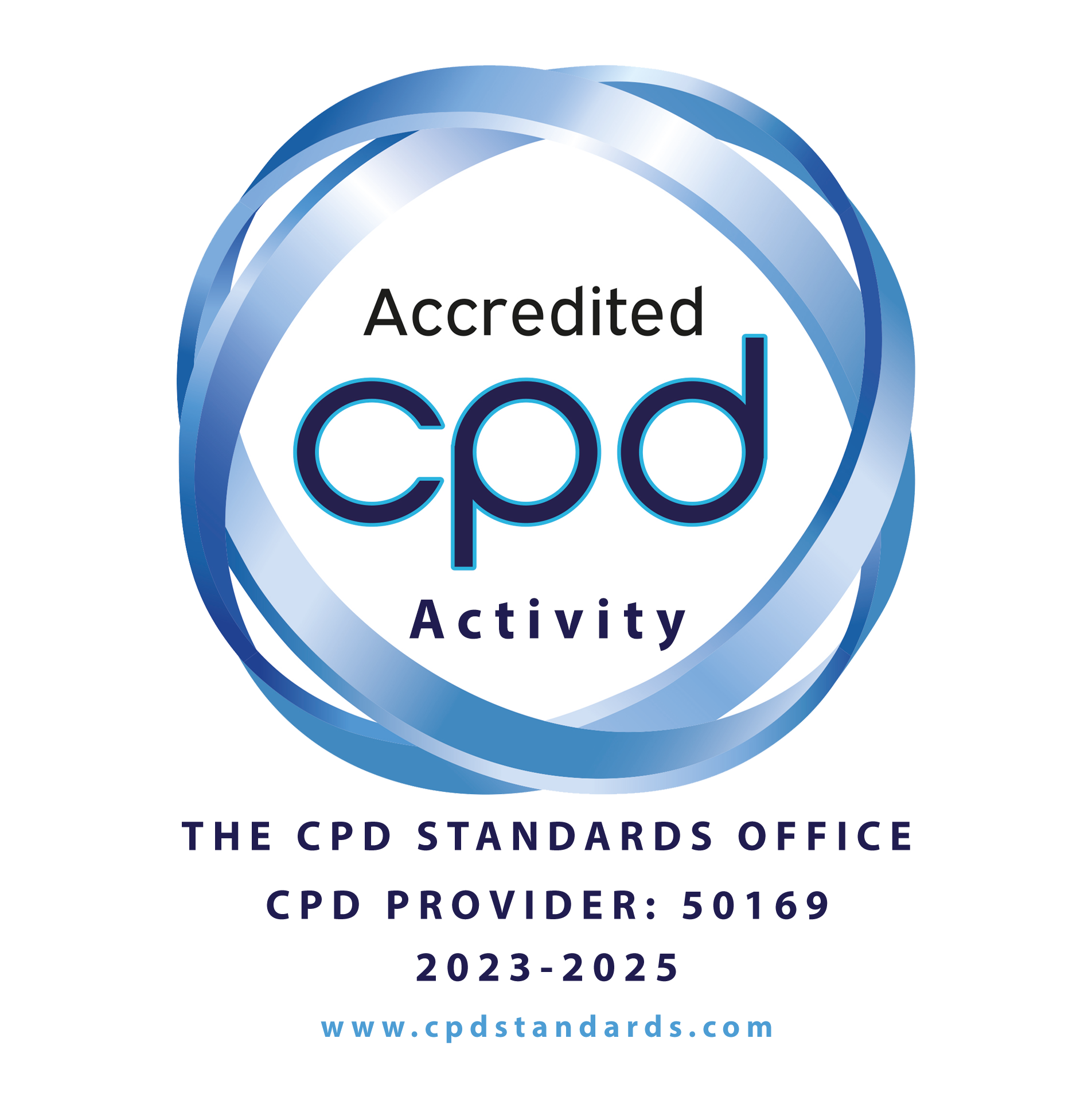About This Course
Why is information governance important to you as an African Lawyer?
Why must an organisation have a strategic framework for dealing with information at an organizational level?
These are valid questions, and we would like to illustrate why enrolling for this course on information governance is important to you as an African lawyer, and how it will help you advise your clients.
"Think of information as an asset, like a building. Businesses make sure that they get as much value as possible out of a building by planning how much floor space they will use. Businesses also protect their buildings by maintaining them properly. They make rules about what people can and can’t do when they are in the building. They take precautions against risks like fire or floods. They take out insurance in case the worst happens. Information governance, or IG, forces businesses to do the same thing, but with their information. IG ensures that the information is used in an efficient way and protected from risk.”
By completing this course, you will be able to advise your clients how to compile and implement strategic information governance, which will allow them to:
- Ensure that an organisation’s information is accessible for those that require it;
- Protect the integrity of your information database;
- Protect your organisation and clients’ intellectual property and personal information;
- Prevent theft and data breaches;
- Minimise downtime and disruption in the case of a data breach - issues that can impact your firm’s reputation and standing, client-base, growth and sustainability;
- Improve compliance with domestic and international law and regulation;
- Ensure readiness for implementing legal technology solutions.
The knowledge you gain from this course will empower you to assist your clients in saving their organisation’s time, money and reputation.
Taught by a leading practitioner affiliated with the University of Cape Town, the course has input from global experts who will assist you in developing a practical understanding of why information governance is important and what factors contribute to data breaches.
The course supplies a basic introduction to the principles of information governance, with a focus on preventing data breaches, and you will gain insight into:
- The principles of good information governance;
- What a data breach is, and how they occur;
- How you can advise your clients to prevent a data breach via proactive information governance, and how they should respond if a data breach were to occur;
- Formulating a data breach plan in 5 steps;
- How to promote information governance principles within your organisation and to your clients so that they can proactively manage information and data protection risks.
The course can be done anywhere, at any time, and although it is designed for lawyers, it is perfect for students, business owners, and those looking to work in risk and compliance roles.
Read this short Africa Legal Article to understand the shifting trends in Data Protection and Information Governance in Nigeria.
Read this short Africa Legal Article for a Kenyan perspective.
Read this short Africa Legal Article for a Zambian perspective.
Course features
- Access the course wherever and whenever it suits you on mobile, tablet or desktop.
- 2 hours' worth of learning with resources for additional study - no time-intensive studying for the busy lawyer!
- Engage with real-world examples and scenarios - you will learn by example.
- Not enough data? Turn off the video and download or read the transcript
- Not only will you receive a certificate from UCT when completing the course, but you will also receive 2 CPD points from the Continued Professional Development Standards Office.
Earn a certificate from the University of Cape Town
This is a rare opportunity for you to earn an official certificate from UCT Law@work and learn practical real-world skills that you can apply as soon as you finish. Your certificate will be issued in your legal name and couriered to you at no extra cost.

About UCT Law@work
This University of Cape Town Law@work online short course ’Practical Information Governance for the Modern African Lawyer’ is delivered in collaboration with Africa Legal.
Leading the way in continuing legal education since 1999, UCT Law@work presents a range of seminars and courses dealing with various aspects of the law in the fields of labour, commercial, private and public law, amongst others.

|
Law@work and Africa Legal are working together to increase access to affordable online, practical legal courses across Africa. |

|
This course is certified by the United Kingdom CPD Standards Office, and may be applicable to individuals who are members of, or are associated with, professional bodies. The course carries 2 points. |

Your course instructor
Elizabeth de Stadler
Founding Director Novation Consulting
Elizabeth de Stadler is the founding director of Novation Consulting (Pty) Ltd. She is a rehabilitated attorney specialising in compliance and risk management strategy, plain language drafting and data protection law.
Elizabeth brings a fresh perspective to compliance issues. She has written and contributed to many books and thought leadership articles, and is regularly interviewed and quoted in media on various technology-related topics. She is an in-demand speaker at corporates, as well as local and international events.
Publications include:
- Plain Language Legal Drafting
- A Guide to the Protection of Personal Information Act
- The Law of Contract in South Africa
- The Law of Commerce in South Africa
Elizabeth holds a Bachelor of Laws (LLB) from Stellenbosch University and an LLM from the University of Cape Town.

Guest contributor
Ronald Mutasa
Partner, Manokore Attorneys, DLA Piper Africa
Ronald is a Partner with Manokore Attorneys, a DLA Piper Africa member firm based in Harare, Zimbabwe. Over his 10 years’ PQE he has gained a track record of successfully delivering first-rate legal services in all segments of the infrastructure and energy industries, advising on Public-Private Partnerships and/or Private Finance Initiatives, Government Contracting, Transport, Oil & Gas, Power & Transmission, Renewables, Water & Waste, and Construction. He understands the commercial, strategic, technical, geographical and political factors that shape and impact these industries, as well as the business issues and risks inherent when working in these sectors in emerging markets.
His clients include but are not limited to DFIs, lenders & sponsors, project developers, as well as various government departments and procuring entities and he advises on every legal aspect from procurement strategy, project structuring, contractual documentation and risk allocation, to finance structuring, as well as disinvestment from the market and arbitration services in order to protect clients’ investments and assets.
Ronald has emerged as the leading PPP lawyer in Zimbabwe. He is an IFLR 1000 ranked lawyer and was recently a finalist at the Africa Legal Awards (2019) in the category of Private Practise Rising Star.
Frequently Asked Questions:
What web browser should I use?
The Open edX platform works best with current versions of Chrome, Firefox, Safari, or with Internet Explorer version 9 and above.
See our list of supported browsers for the most up-to-date information.
Who should take this course?
This course is aimed at junior lawyers, law students, business owners and risk and compliance professionals in Africa.
How long will it take me to complete the course?
Once you are enrolled in the course, you can work through the content at your own pace. Feel free to access any part of the content at any time.
The course should take you about two hours, not including optional activities, discussions and extra reading materials.
How do I access the course?
You need to purchase a seat on the course. To do this please sign in to Africa Legal. If you don’t yet have an account with Africa Legal follow the steps to sign up and then press the enrol button.
By signing up, you agree to our Terms of Use and Privacy Policy.
Is your employer paying for the course?
Get in touch with our corporate team by emailing sales@africa-legal.com






